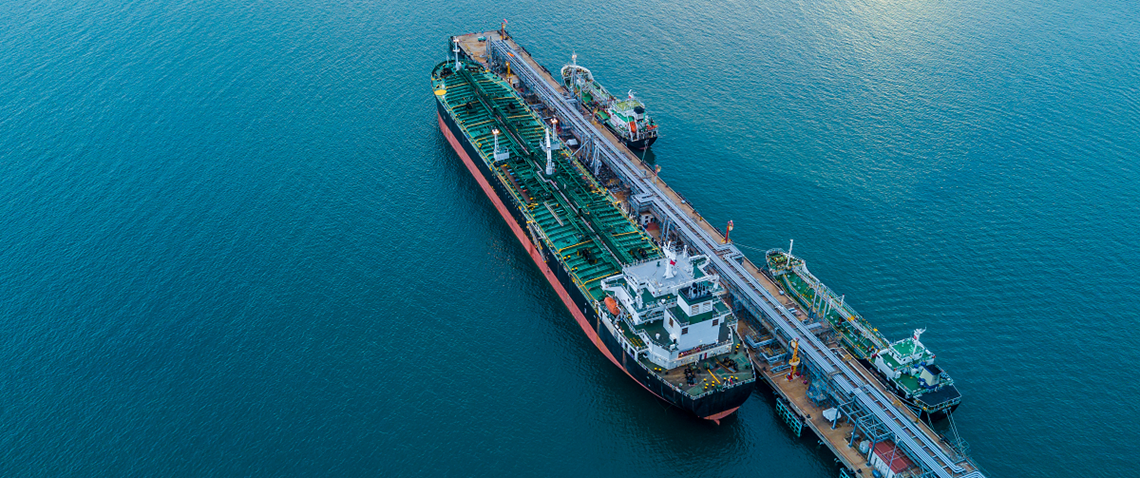Iran importers face sanctions shell game
Trump’s sanctions plan lacks international support for now, but importers will nonetheless have to adapt
Iran's biggest oil customers will face a far more complex trading landscape in the coming months as US President Donald Trump's unilateral decision to exit the nuclear deal begins to take effect. Although the deal stands and its six other signatories remain committed, the US's dominant role in global economics ensures that Trump's decision to exit the Joint Comprehensive Plan of Action will disrupt the world's oil and gas supply lines. The US Treasury Department has already confirmed it will reinstate restrictions on companies doing business with Iran in the oil and banking sectors after 90- and 180-day grace periods respectively. As it currently stands, the US withdrawal creates a situatio

Also in this section
18 February 2026
With Texas LNG approaching financial close, Alaska LNG advancing towards a phased buildout and Magnolia LNG positioned for future optionality, Glenfarne CEO Brendan Duval says the coming year will demonstrate how the company’s more focused, owner-operator approach is reshaping LNG infrastructure development in the North America
18 February 2026
The global gas industry is no longer on the backfoot, hesitantly justifying the value of its product, but has greater confidence in gas remaining a core part of the global energy mix for decades
18 February 2026
With marketable supply unlikely to grow significantly and limited scope for pipeline imports, Brazil is expected to continue relying on LNG to cover supply shortfalls, Ieda Gomes, senior adviser of Brazilian thinktank FGV Energia,
tells Petroleum Economist
17 February 2026
The 25th WPC Energy Congress, taking place in Riyadh, Saudi Arabia from 26–30 April 2026, will bring together leaders from the political, industrial, financial and technology sectors under the unifying theme “Pathways to an Energy Future for All”







